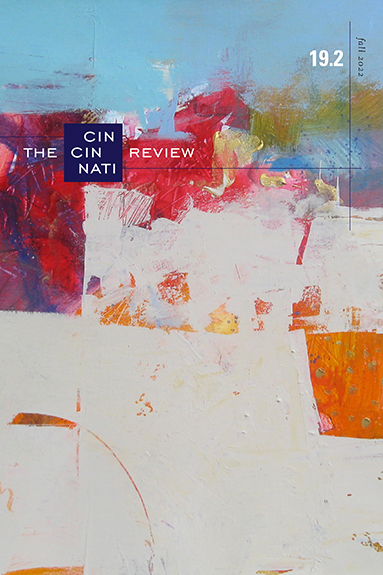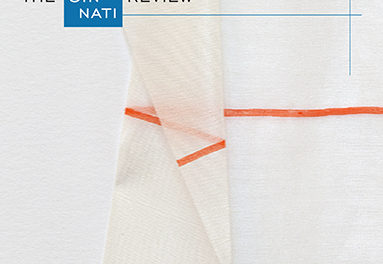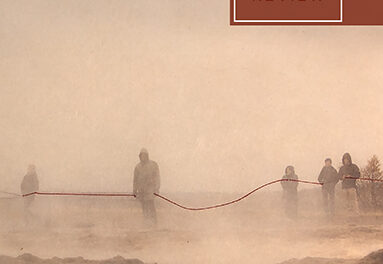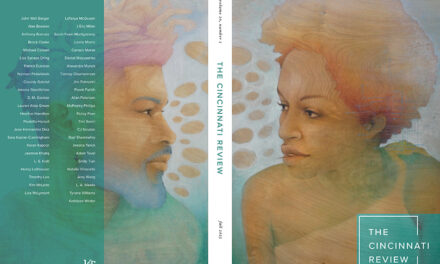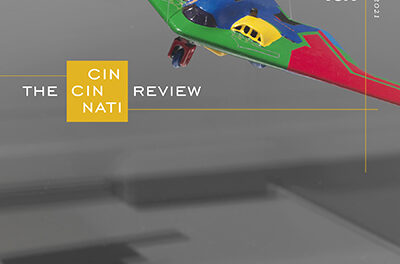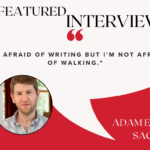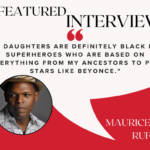Gliding like giant fish past our villa, sometimes Dubai’s city buses, with their whirring, unsettle me—the long sigh of the air conditioning let out as exits unfold their mechanical arms and passengers spill onto the sidewalk. When we first arrived in the United Arab Emirates eighteen months ago for my husband’s job, I tried hard (as I always do) to counter the vertigo of changing country; to assuage the dizziness of arrival that comes via the exhaustion of jet lag and shock of new weather; to mask, temporarily, the sadness of departure with the excitement of a new city, language, people. After more than a decade of cycling through foreign-service tours, I’ve become accustomed to the rhythm of uprooting, the inevitability of the next destination. This post, however, I’ve had a harder time going through the motions. Between breakout sessions on Emirati customs and what’s what on local schools, I’ve struggled (for the first time) to make small talk with other trailing spouses at the consular orientation—the chatter tediously the same. I know that adaptation rests in yes, in forcing myself to show up until the bright side eclipses the old life’s absence: that grocery-aisle familiarity and routine that accompanies feeling settled. But I balk at the “Welcome BBQ” invite. Reluctant to stand in strangers’ living rooms nursing a cocktail to cut the nerves, I decline to join the book club. With each post, the act of starting over feels increasingly absurd: an endless parade of hellos and goodbyes as I march past moving trucks and crates, pieces of me deemed too precious to risk shipping, headed for safekeeping in a concrete storage unit. Sometimes I wonder if home is simply a syllable, a single note, an out-breath—say it’s so, and it is. Or maybe it is until it isn’t? Until it’s taken away. This doesn’t feel like home, my teary-eyed daughter whispers halfway through our three-year run in Dubai. How can I argue otherwise? When Millie moved house, she adds, she got to stay at Rye. This, I know, is lament: a plea for our former life in England, for playmates in striped uniforms and muddy wellies surging across the pitch. This, I know, is the register of loss, a child’s introduction to grief. But as I hug my daughter in the darkness of her new bedroom, I’m distracted by her use of the British idiom. How, born in Amman, Jordan, and taken to Oxford as a toddler, my girl carries with her not the American colloquialism that reflects her citizenship but that of England—the only “home” her young memory holds. Moved house. The words stick in my mind. I try to picture their literal equivalent and suddenly, à la Dorothy Gale, our hunter-green door, windows, and walls are being whisked from their Oxford foundation as we’re swept over London and across the Channel, past Europe, Turkey, and Iran, to land here, near Kite Beach, where we reside in the boat-shaped shadow of the Burj Al Arab. I wasn’t much older than my daughter when I first saw Return to Oz, the ’80s fantasy-bordering-on-horror that revisits Dorothy at an asylum where she nearly undergoes electroshock therapy to rid her of “delusions” about a dreamed-up Emerald City. More sinister than its 1939 counterpart, Return follows the Kansas farm girl after she escapes her psychiatrists and is swept into a river, later waking in an inverted Oz whose citizens have turned to stone. What’s happened to everybody? Dorothy asks, though it’s clear that—not a happy little bluebird in sight—the rainbow is over: yellow brick road a pile of rubble, there’s no going back, only through.
//
I remember Return to Oz—a younger me marveling at its darkness, how I was certain that, despite the narrative’s fantasy veil, it revealed something true about the world, though I couldn’t quite articulate what. That crumbing Emerald City Dorothy returns to suggests neglect, her neglect. It’s a twisted, nightmarish version of nostalgia. What happens to a place, or our sense of a place, if we’re not there to care for it, attend to it with our worry? Or what happens to a self, our sense of a self, if we leave the roads we’ve known? There was something about Princess Mombi that I couldn’t shake. At the time, I was simply disgusted—thought her long hall lined with the heads of younger women and her ability to switch them with her own were simply evidence of a deranged mind—a bored, youth-obsessed, middle-aged sorceress. But I found it inconvenient, awkwardly wicked, couldn’t imagine the aim of such an elaborate endeavor. Then, I saw it as the power of transformation. Now, I see it as the power of perspective. Indeed, one might say the whole film is about perspective—that all stories of return are about that. In the original Wizard of Oz, I thought the famous switch from a sepia-toned Kansas to the garish hues of Technicolor implied a threshold between the real and the imaginary. I think I read it wrong: it’s a doorway between the known and unknown, but all of it real, all of it potentially beautiful or catastrophic. This changes the ending for me. When Dorothy awakens in her familiar bed, surrounded by the people who love her, we’re supposed to feel happy for her. But if Oz wasn’t a dream, then how can she possibly go back to living as a nice girl in Kansas? And what of the people who shared her adventure—Tin Man, Scarecrow, Lion—who suffered and rose to triumph with Dorothy, only for her to return to the Plains, believing her old life was the better one? Perhaps that felt true in the moment, but it was only a trick of perspective. People are not static. Time is not static. Dorothy’s better old life would no longer exist, as it would rely on her being the same old Dorothy. Now, I am harrowed by that scene: Dorothy waking up to the comfort of all her black-and-white certainties, pretending that what she experienced was a dream—she didn’t walk those roads, she didn’t know those people—so that she might be accepted once again into her small life, by making a claim that is ultimately, irrevocably fleeting: There’s no place like home.
//
. . .

